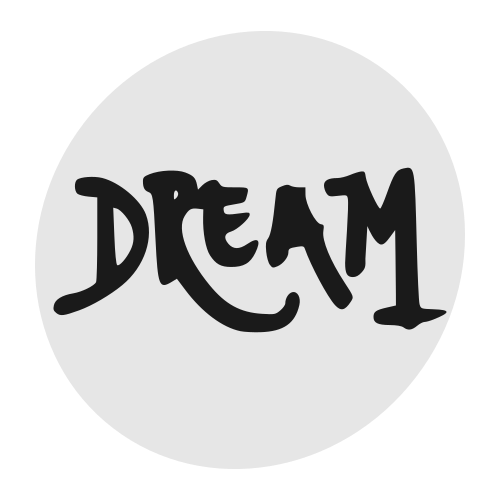Announcing the DREAM Demo
DREAM demo will be the first public demonstration of DREAM software associating P2P protocols and CmRDT-based implementation—also known as operation-based Conflict-free Replicated Data Types (CRDT). This demo will take place in person, in Brussels, on March 5, 2022, as part of the OFFDEM conference.
For this demo we will work on a librarian case building on actual documentation models used in various research environments.
The use case will demonstrate the synchronisation of decentralised databases of specific bibliographies in existing format and allow for the local and collective maintenance of accessible sources.
Demonstrating topic-based Publish/Subscribe and routing to allow for CRDT synchronisation, permits a reversible exchange and maintenance of data sources (in this case bibliographical data and sources) by a group, for a fair use in scientific research.
Discussion
Go to D3.1 -- DREAM Beta Demo and discuss the demo!
Example
As Open Access publishing is an asset to share important research (and Sci-Hub becoming major hub diffusion[1]);
for this demo, we will take the example of a university thesis in order to extract the bibliography, make it accessible offline and also via a QR code, with retrieval of the submitted publications in sci-hub, that between 2 users with 2 different machines. This is done via a P2P communication model with node/computer that is both a data provider and consumer, capable of initiating a session − Distributed Mutable Containers (DMC) − and repeating information to other nodes, and sharing resources without requiring central coordination.
Once the first step of the above is finished, participants and public can play with those machines, adding, removing articles and synchronizing all machines with different bibliography sources, while preserving both the data and its context. This a demo on distributed data structures that can hold references to content while allowing replicas of the data structures to diverge and merge without conflict and Container replicas can be mutated locally and their state may diverge.
As Open Access publishing is an asset to share scientific research and free software librarian projects as Zotero are bringing consensus among researchers; we will try to play with it and also discuss potential impacts.
More context
“Distributed Replicated Edge Agency Machine”
The PUBLIC DREAM is an ongoing research program − launched in 2020 − part of the NGI initiative of the European Commission.
Tentative Program for the DREAM demo[2]
Saturday, March 5th, in Brussels all times are CET
- 2022-03-05T12:00:00Z: Introduction to DREAM
- 2022-03-05T13:00:00Z: Demo involving librarian software
- 2022-03-05T14:00:00Z: Participatory round table: “Agency with decentralised databases?”
-
if you’re trying this link from a censoring country, it may appear as non-existent—it is not: your “free” country is actively censoring access to free scientific knowledge already paid in full by public funding and universities that enabled scientists to publish their scientific results. You should then try accessing
https://sci-hub.stusing the Tor browser. ↩︎ -
the program will be refined… ↩︎
